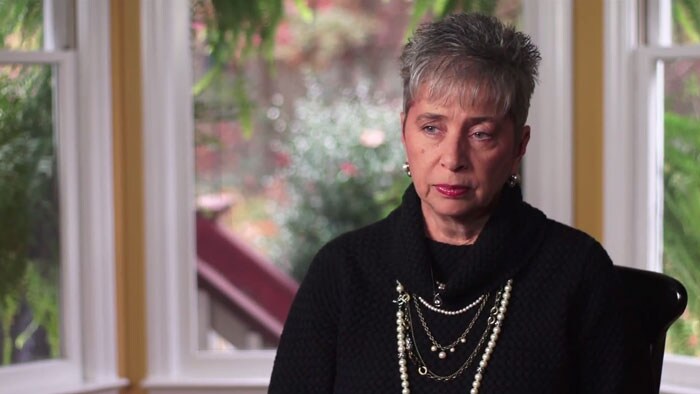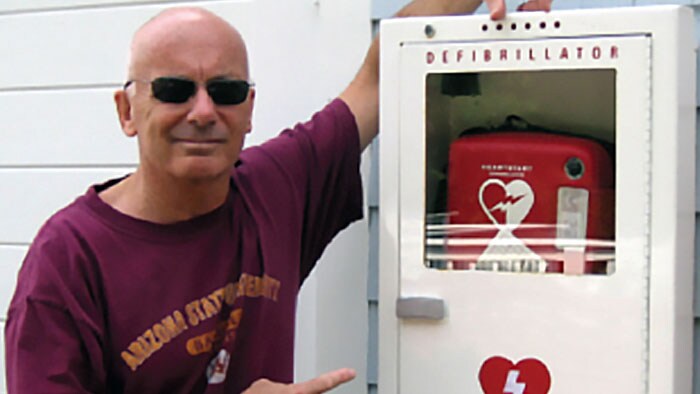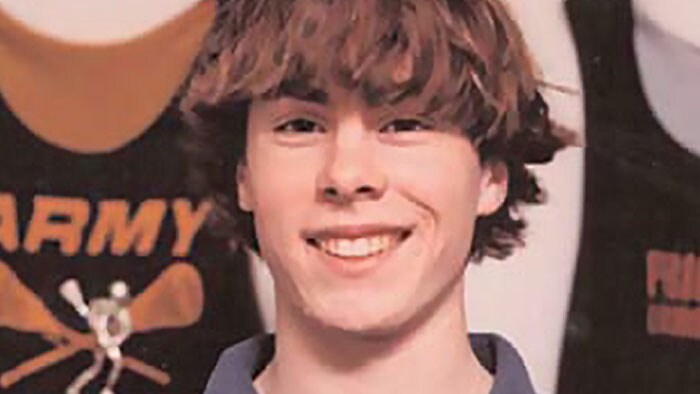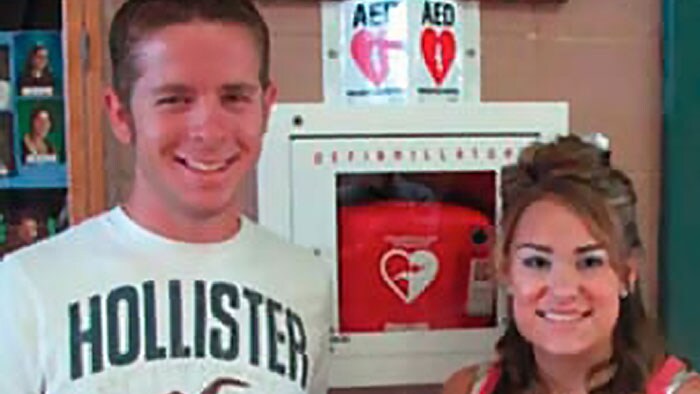Recovering from what she believed was a bad case of the flu, Julia Sims, a Greensboro, North Carolina resident, sat up in bed and assured her husband that she would be fine. She even insisted that he keep his standing golf game. “I turned to put my shoes in the closet,” said Jeff Sims, Julia’s husband. “When I turned back around, Julia was sitting in the bed with her head down. I walked over and gently raised her head. That’s when I knew something was terribly wrong." Julia was unresponsive and she wasn’t breathing. She was having a sudden cardiac arrest (SCA).
CPR, shocks, and weeks of recovery Jeff called 9-1-1. The dispatcher helped Jeff to remain calm and coached him on how to start Cardiopulmonary Resuscitation (CPR). Three minutes later, the firefighters arrived. “When we arrived on scene, we saw Jeff performing dispatcher-assisted CPR on his wife as she lay in the bed. Two of my firefighters moved Julia to the floor and continued CPR while I turned on our Philips HeartStart FRx and placed the pads on Julia,” said Ed Hampton, a firefighter II and EMT with the Pinecroft Sedgefield Fire Department. The FRx advised a shock and the shock was delivered. Unfortunately, the first shock was not successful. The firefighters performed more CPR and delivered two additional shocks when the Emergency Medical Services (EMS) team arrived. “The paramedics took over and used a manual defibrillator to deliver three more shocks. After the sixth shock, we did regain a rhythm and detect a pulse,” recalled Ed. Julia was very sick. She was transported to the hospital and went immediately to the catheterization laboratory (cath lab). Despite treatment, she remained unstable. Lots of love makes a perfect ending In a couple of weeks Julia began to improve but it took even longer before she could recall her first memory. “I remember waking up in the hospital and seeing a handwritten note from my husband. It said, ‘You are okay. You are loved.’ He wrote it over and over again.” “When we arrived on the scene, Julia had been without a pulse, not breathing for approximately five to six minutes. Jeff was doing CPR but without the AED to shock her heart and bring it from ventricular fibrillation back to a sinus rhythm, it’s most likely that Julia would not have survived,” said Ed. As for Julia, she says words cannot express the gratitude she has in her heart for the people who came to her aid when she needed it most. “Everything that happened that day was perfect".
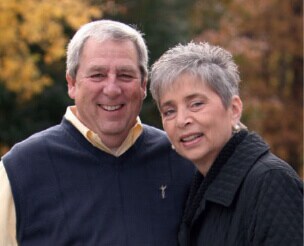
Jeff and Julia Sims know firsthand that it takes more than CPR to survive SCA. “The defibrillator is really what got Julia’s heart rhythms back on track. I don’t think she would have made it without that,” says Jeff
“I remember waking up in the hospital and seeing a handwritten note from my husband. It said, ‘You are in the hospital. You are going to be okay. You are loved.’ He wrote it over and over again."
–Julia Sims SCA survivor
